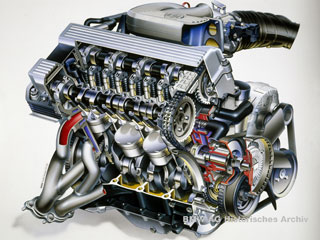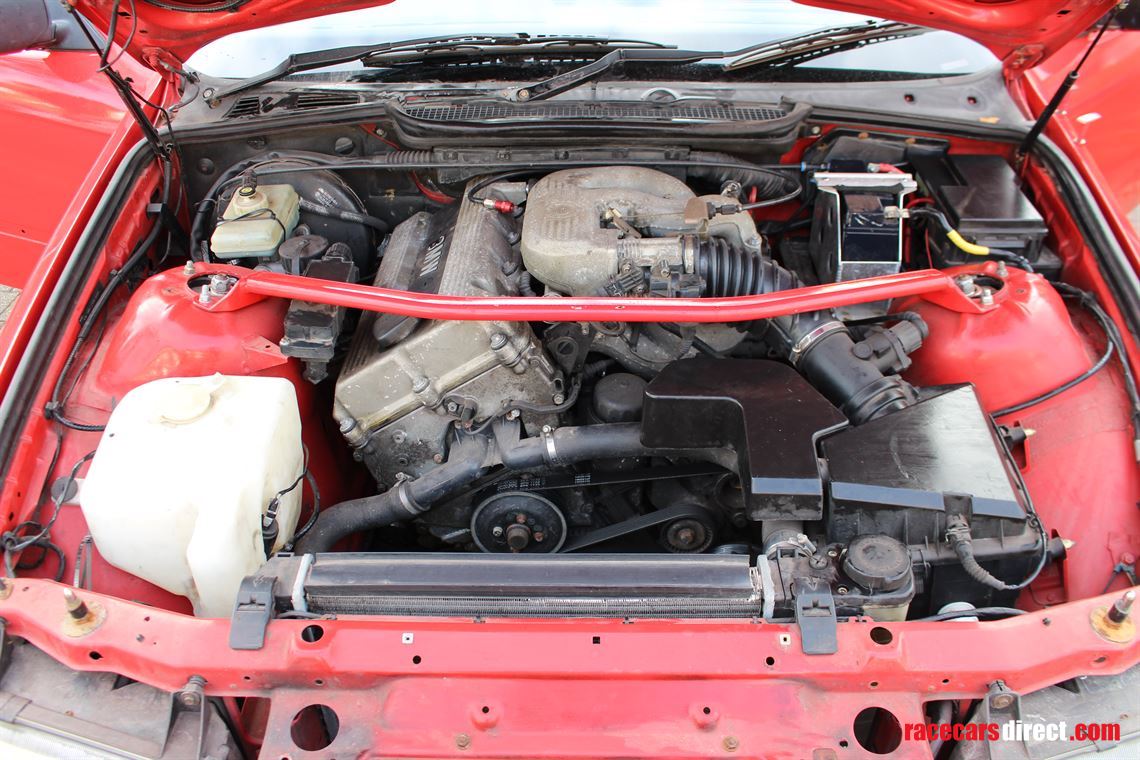Preserving Your BMW 318ti: Important Tips for Long Life
Vital Considerations for Selecting the very best Engine for Your Needs
In the realm of picking the suitable engine to satisfy your needs, a number of essential variables demand thorough consideration to make certain ideal efficiency and effectiveness. From the nuanced balance between power and performance to the often-overlooked facets of maintenance and solution requirements, each aspect plays a pivotal function in determining the most ideal engine for your particular requirements. As the intricacy of engine innovations remains to evolve, discerning one of the most fitting choice necessitates a deep understanding of the interaction in between different considerations. By discovering the intricate web of variables that underpin this decision-making process, a clearer path arises in the direction of selecting an engine that not only satisfies yet surpasses your expectations.
Power and Performance
When assessing engines for optimum performance, it is crucial to prioritize both power output and efficiency. Efficiency refers to just how well the engine converts gas into functional power. By carefully examining both power and performance, you can choose an engine that provides ideal efficiency and meets your requirements successfully.
Gas Efficiency and Economy
Gas efficiency refers to the engine's ability to convert fuel into energy with minimal waste, directly impacting operating costs and ecological sustainability. Engines with greater fuel effectiveness not only decrease fuel expenses yet likewise reduce carbon exhausts, adding to a greener operation.

Compatibility and Application
Considering the gas efficiency and economic situation of an engine, the next vital aspect to address is its compatibility and application within certain functional contexts. Compatibility refers to exactly how well the engine incorporates with the overall system or devices it powers.
Different engines are developed for specific objectives, whether it be industrial equipment, marine vessels, automobiles, or power generators. Recognizing the intended application allows for the choice of an engine that can supply the required power output, torque, and operational qualities.
Maintenance and Solution Demands
Maintenance and solution needs play a crucial duty in guaranteeing the long life and optimal efficiency of an engine. Regular upkeep is necessary to protect against breakdowns, prolong the life expectancy of the engine, and keep its efficiency. When choosing an engine, it is very important to take into consideration the producer's recommended maintenance routine and the accessibility of solution facilities or certified professionals.
Factors such as the frequency of oil adjustments, filter substitutes, and total evaluations can dramatically influence the engine's performance. Some engines may require even more constant maintenance based on their style and use, while others may have longer intervals between upkeep checks. It is crucial to follow these solution requirements to avoid pricey fixings and unanticipated downtime.

Cost and Spending Plan Considerations
When see page choosing an engine for a specific application,Budget constraints usually play a significant duty in the decision-making procedure. When taking into consideration the expense and spending plan ramifications of picking an engine, it is necessary to evaluate not just the initial acquisition price yet also the long-lasting expenses related to upkeep, fuel intake, and potential upgrades or fixings. It is essential to strike an equilibrium between the in advance expense of the engine and its total lifecycle costs to ensure that the selected engine continues to be financially lasting throughout its operational life expectancy.
Variables such as fuel effectiveness, resilience, and integrity can directly impact the total cost of ownership of an engine. While a more pricey engine may have higher upfront expenses, it might possibly lead to lower upkeep and fuel expenses over time, thus offering better value over time. Additionally, thinking about the availability and cost of spare parts, along with the convenience of maintenance and service, can help prevent unexpected economic pressure in the future. By carefully reviewing these price and spending plan factors to consider, you can make an enlightened decision that lines up with your functional demands and financial constraints.
Final Thought

Gas effectiveness refers to the engine's capability to convert fuel right into power with very little waste, directly impacting operating prices and environmental sustainability.Aspects influencing fuel efficiency consist of engine design, burning effectiveness, and overall performance optimization. Additionally, selecting the suitable fuel kind and quality as suggested by the engine find out here supplier can further enhance efficiency and lengthen engine life-span.
Engines with good use attributes and readily available parts can lower upkeep expenses and reduce the time the engine is out of procedure - bmw 318ti. It is essential to strike a balance in between the upfront cost of the engine and its general lifecycle prices to make sure that the chosen engine continues to be economically sustainable throughout its functional life-span